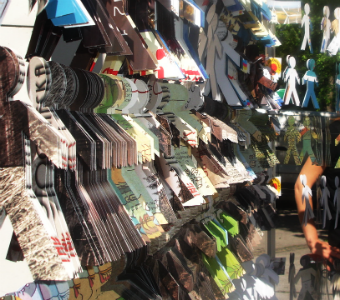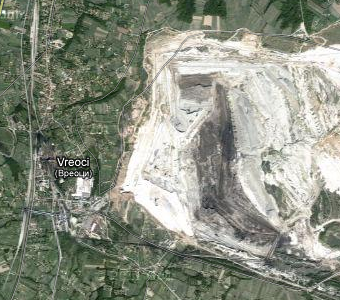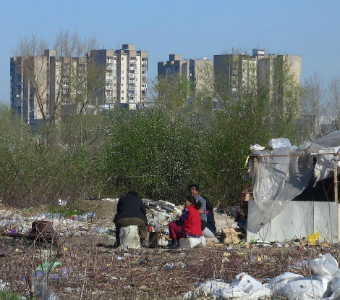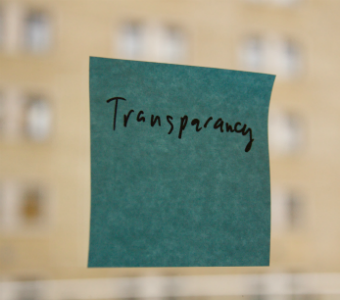July 5, 2011 | Read more 18 000 people from around the world have asked the Slovene government to adopt a future proof National Energy Plan that doesn’t rely on fossil fuels or nuclear energy. Bankwatch research coordinator Pippa Gallop took part in handing over the list of signatories yesterday and points out that European public banks also need to take the message seriously.
July 4, 2011 | Read more Before making any decisions on the planned EUR 80 million loan for the Kolubara lignite mine project in Serbia, the European Bank for Reconstruction and Development’s Board of Directors should take note of the controversy the bank will get involved in. Not only are the climate impacts of lignite well known, but the project is also indirectly connected to the resettlement of nearby residents.
July 1, 2011 | Read more Today Poland takes the helm of the EU presidency, but the country’s recent move to unilaterally block a 25 percent reduction target for EU carbon emissions has solidified expectations that Poland would hinder a more ambitious EU climate policy agenda.
July 1, 2011 | Read more As Poland starts its EU Presidency today, serious doubts loom over its willingness to provide ambitious leadership on EU climate policies. Paradoxically, it is the EU’s own public banks which are sponsoring the country’s unfettered coal industry, the root cause of Polish climate scepticism.
June 30, 2011 | Read more The next long-term budget for the European Union offers ways to fight climate change and to move Europe’s economies to a sustainable development path but still leaves the door open for harmful spending, according to Friends of the Earth Europe and CEE Bankwatch. The analysis comes after the proposal for the EU budget post-2013 was presented in Brussels last night.
June 27, 2011 | Read more Arab civil society and international NGOs are opposing the EU and US backed financial aid package for post-revolutionary countries in their region on the grounds that it could damage the democratic transitions and divert the revolutions’ goals of economic and social justice.
June 22, 2011 | Read more Bankwatch’s coordinator in Serbia Zvezdan Kalmar finds himself in a situation similar to the one when campaigning on the Gazela bridge project: Roma families live in uncertainty about when they’ll be resettled to make way for road construction, all the while with little influence about how decisions are made.
June 13, 2011 | Read more Ulan Baatar, Mongolia – Civil society groups are demanding that investments from international financial institutions to extract resources in Mongolia’s Gobi Desert guarantee that livelihoods are protected for those living near the mines and profit windfalls are used as an impetus to social and economic development for the region.
June 10, 2011 | Read more Bankwatch research co-ordinator Pippa Gallop discusses the European Bank for Reconstruction and Development’s draft public information policy and how the bank has come to a standstill with improving its transparency rules.
June 8, 2011 | Read more Ljubljana, Slovenia — The Slovenian police confirmed June 7 that it was looking into allegations of mismanagement at coal plant Sostanj, including serious questions over the building of new lignite block TES 6.
Stay informed
Receive our monthly overviews of the latest developments on the ground.




